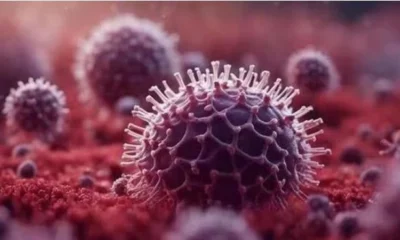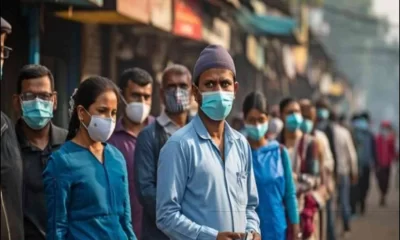India is currently witnessing a rise in cases of Human Metapneumovirus (HMPV), a respiratory virus that has affected 11 people across multiple states. The virus, which has been present globally for years, was identified in 2001 and remains a common cause of respiratory illnesses, particularly in children, the elderly, and individuals with weakened immune systems. Experts are warning that HMPV spreads more rapidly when immunity is weak, urging caution as the country monitors the situation closely.
HMPV cases and spread across India
The recent surge in HMPV cases includes reports from several cities across India. The latest case, a six-month-old baby from Mumbai, was confirmed at Hiranandani Hospital in Powai, bringing the total to 11 cases. The breakdown of cases includes two in Bengaluru, one in Gujarat, two in Chennai, three in Kolkata, and now three in Maharashtra. Health officials have noted that while the virus is not new, its spread appears to be accelerating.
Dr. Randeep Guleria, former director of AIIMS, explained that although HMPV typically causes mild symptoms, it can lead to severe respiratory issues in vulnerable populations such as infants, the elderly, and individuals with pre-existing health conditions. “The virus itself is usually self-limiting, and symptomatic treatment is often sufficient,” he added, advising people to stay hydrated, manage fever, and avoid crowded places to prevent further spread.
No need for alarm, says health authorities
Union Health Minister JP Nadda has reassured the public, stating that there is no cause for panic. “Health experts have clarified that HMPV is not a new virus, and we are closely monitoring the situation,” he said. Additionally, Brajesh Pathak, Deputy Chief Minister of Uttar Pradesh, assured residents that the state government is taking necessary precautions and staying alert to the situation. Authorities in Patna have urged the public to remain calm and adhere to guidelines provided by both the Central and Bihar governments.
No Vaccine for HMPV Yet, But Flu and Covid Vaccines Provide Some Protection
While there is no specific vaccine for HMPV, health experts have indicated that flu shots and the three doses of the Covid-19 vaccine can provide some immunity against the virus. “Although a vaccine for HMPV is still not available, regular flu shots and Covid-19 vaccinations offer some level of protection,” said a health expert.
Understanding the impact of HMPV
HMPV is primarily known for causing respiratory issues, with symptoms similar to RSV (Respiratory Syncytial Virus) and the flu. For most healthy individuals, the virus causes mild illness, but for vulnerable populations, such as infants, elderly individuals, and those with weakened immune systems, it can lead to pneumonia and other severe respiratory conditions. The most common symptoms include fever, nasal congestion, cough, and a runny nose. In severe cases, the virus can lead to breathlessness, rapid breathing, and chest retractions.
Growing concerns over global and regional spread
Globally, the rise in HMPV cases is coinciding with other respiratory health crises. The United Kingdom is currently grappling with a ‘quad-demic’ crisis, with rising cases of flu, norovirus, RSV, and COVID-19. The situation has been further complicated by the growing HMPV cases in China, highlighting the need for effective vaccines and treatments to address such widespread outbreaks.
Measures to prevent HMPV spread
Health authorities recommend several preventive measures to curb the spread of HMPV. Regular hand washing, avoiding close contact with infected individuals, and practicing respiratory hygiene by covering the mouth and nose when coughing or sneezing are essential. Public places should be frequently disinfected, and individuals with symptoms of the virus are advised to stay home to prevent transmission. For those showing more severe symptoms, such as difficulty breathing or persistent fever, seeking medical attention is strongly recommended, especially for high-risk individuals.
Mizoram takes proactive measures
In response to the rise in cases, the Mizoram government has formed a dedicated committee to closely monitor the situation. Health Minister Lalrinpuii led a meeting to discuss the matter, signaling the state’s commitment to staying ahead of the virus’s spread.
HMPV may not be new, but its growing presence in India and its potential to cause severe respiratory issues in vulnerable populations highlight the need for vigilance. Health experts are urging people to take preventive measures seriously and stay informed as the situation develops.
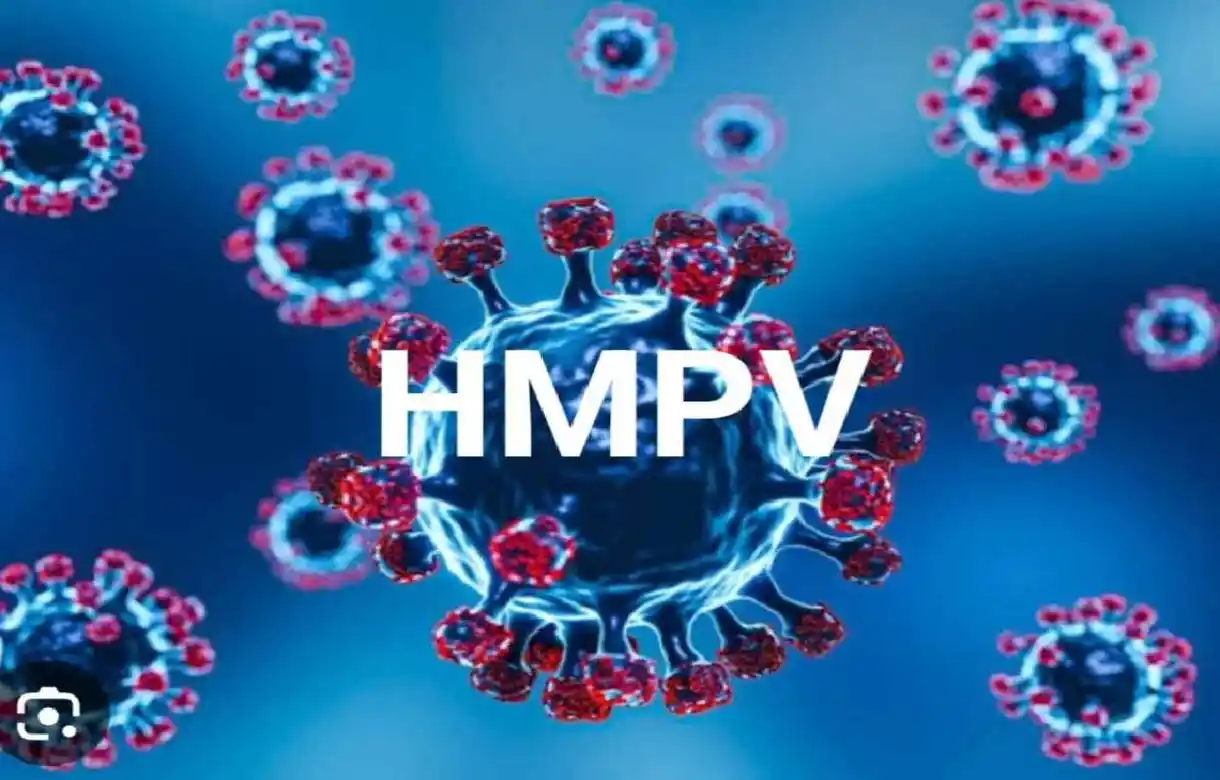
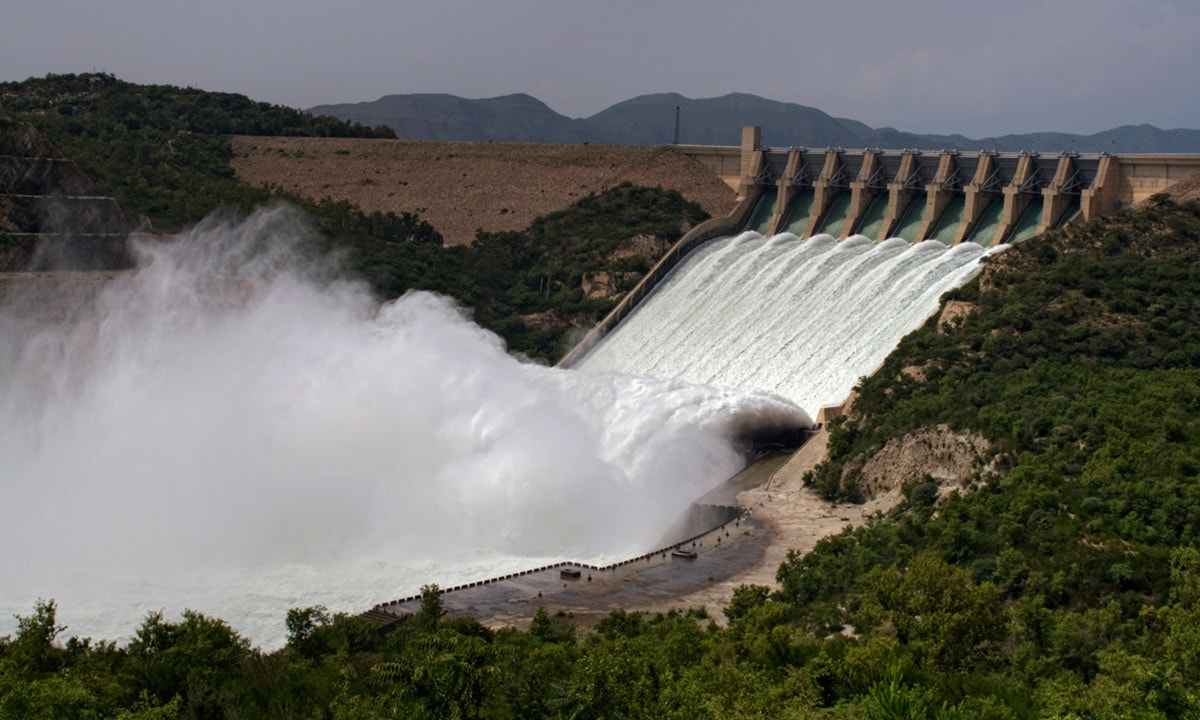
 Latest world news21 hours ago
Latest world news21 hours ago
 India News22 hours ago
India News22 hours ago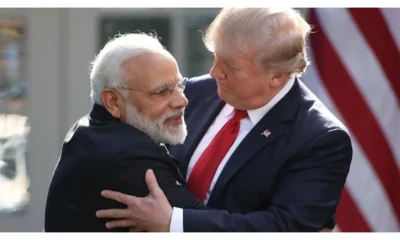
 Latest world news7 hours ago
Latest world news7 hours ago
 India News6 hours ago
India News6 hours ago
 India News6 hours ago
India News6 hours ago
 India News6 hours ago
India News6 hours ago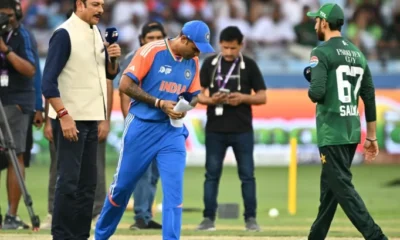
 LATEST SPORTS NEWS6 hours ago
LATEST SPORTS NEWS6 hours ago
 India News2 hours ago
India News2 hours ago
